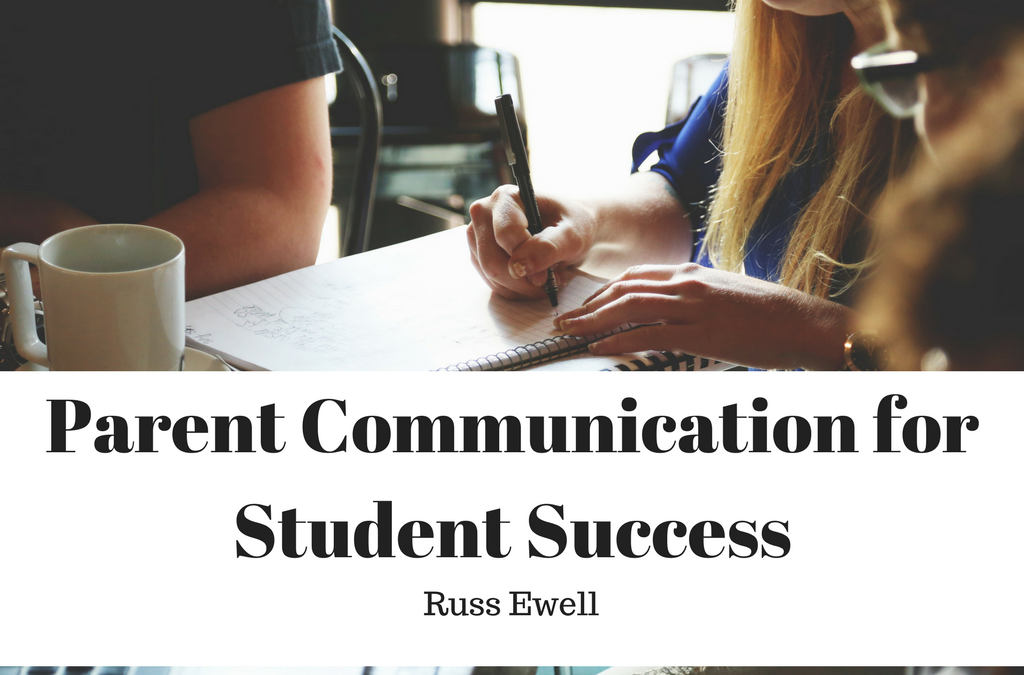Especially for students who live with some form of disability, it’s absolutely crucial that teachers, aides, and administrators be in constant contact with parents or guardians about the day’s happenings and milestones. In today’s information age with all our technology and need to know everything, parents want and need to be kept in the loop as events warrant so that their child’s school experience and home experience work in concert to help best support the child.
In one unfortunate case in Boston, a nonverbal high school student with Autism came agitated and upset, but was unable to express what happened that caused him to express such emotions. His parents, both lawyers, talked with his teachers and administrators, but to no avail — no one could account for why the student was so upset. After continued failed attempts to get to the root of the problem, the parents petitioned the school to allow their son to wear a recording device so that they could see what he was seeing. Where as many students could simply tell their parents what happened, this one could not, and his parents wanted a way to find out regardless. The case is still making its way through the courts, but teachers and judges alike seem to agree that this would constitute a privacy violation. Citing a student’s inability to disclose domestic violence, the teachers are concerned that constant recording could cause more harm than good.
To avoid such a sticky situation, it’s imperative that parents are constantly kept in the loop regarding the student’s activities, behavior, and reaction to various stimuli. Here are a couple ways that teachers and parents can stay in the loop.
Communicate both before and after: It may be advisable to send parents messages both before the day has begun and after it’s over. Depending on the nature of your relationship with the parents, you may want to send a message detailing what your plans for the day entail, including the lessons for the day, the learning activities, and the structure for the 8 hours you have.
Set Reminders: Depending on the needs of a student and the necessary level of communication, a teacher may benefit from a phone alarm reminding them to add notes to their daily log of student activities every hour or so. Keeping a running list of that day’s activities and your students’ temperament, reaction, etc., will help you answer questions from parents and keep a record of what works, what doesn’t, and what you may want to revisit with the guardians.
Schedule regular in-person meetings. Some things are simply better discussed face to face. Regular email, text, or phone communication is very handy for immediate messaging. However, when everyone is together in a room, a lot can get done in a short period of time.

